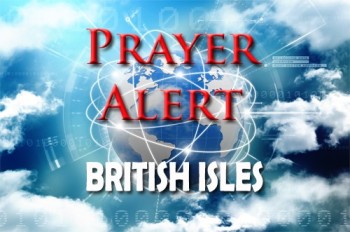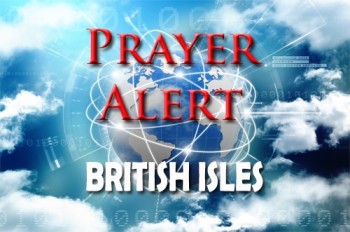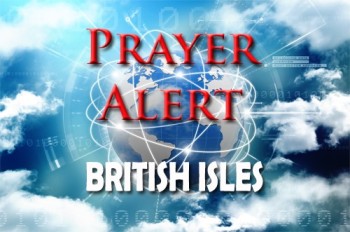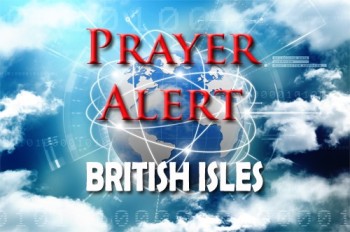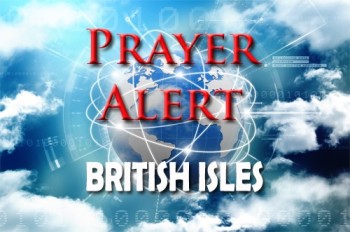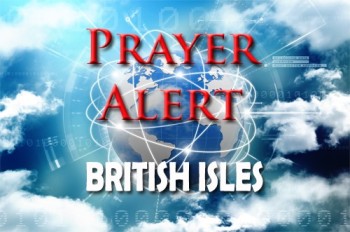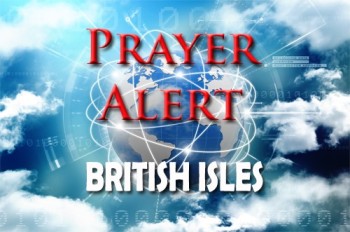Displaying items by tag: Economy
Section 114 fear for 1 in 5 councils
A Local Government Association (LGA) survey reveals that about 20% of council leaders and executives in England anticipate possibly issuing Section 114 notices, reflecting an inability to balance budgets due to funding shortfalls. A projected £4 billion funding deficit over the next two years, necessary to maintain service levels, was not addressed in the recent Autumn Statement. Councils, facing the prospect of increasing council tax by up to 3%, are caught in a dilemma of balancing funding needs against the financial pressures on households. The survey found that half of the leaders doubted their ability to meet legal requirements next year, and almost two-thirds saw no Autumn Statement measures aiding their financial woes. The LGA points out a significant 27% decrease in councils' core spending power since 2010/11, worsened by the pandemic, growing service demands, and escalating costs. Immediate government intervention is needed. See
Germany: coalition government faces budget crisis
A budget crisis in Germany has struck at the heart of the ambitions of the ruling Green Party within the coalition government led by Chancellor Olaf Scholz. The crisis centres around a significant budget shortfall, partly caused by the Greens' ambitious climate policies and the economic impact of the Covid pandemic. The Greens had planned to invest heavily in green initiatives, but the financial constraints have forced them to reconsider and scale back their plans. The crisis has also highlighted tensions within the coalition, with the Greens pushing for increased borrowing to fund their projects, while others are concerned about the country's fiscal stability. Chancellor Scholz faces the challenge of finding a balance between green policies and economic responsibility.
Autumn Statement: NI cut but tax burden still rises
In his Autumn Statement on 22 November, Chancellor Jeremy Hunt announced a significant cut in National Insurance from January, from 12% to 10%. However, due to previous tax changes, many workers might not see substantial benefits. He also raised the state pension by 8.5% and universal credit by 6.7%. Hunt claimed the Government had stabilised the economy, allowing for tax cuts aimed at boosting growth ahead of the next year's general election. Labour criticised the NI cut as insufficient compared to previous tax increases by the Conservative government. Hunt also made a tax break for business investments in new equipment permanent, touted as the 'biggest business tax cut in modern history.' Despite these cuts, the overall tax burden is set to reach a 70-year high. The Office for Budget Responsibility (OBR) revised growth forecasts downwards and projected a delay in the return to pre-pandemic living standards until 2027/28, citing prolonged inflation and higher interest rates. The NI reduction, seen as a significant move, led to speculation about an early general election.
UK inflation falls to two-year low
In October, UK inflation significantly decreased to 4.6% from 6.7%, marking the lowest rate in two years and a major easing of price pressures. This represents the most substantial monthly drop in the annual Consumer Price Index (CPI) rate since April 1992. The Bank of England (BoE) has kept interest rates unchanged at 5.25% and expects a challenging journey to bring inflation down to its 2% target by late 2025. Rishi Sunak acknowledged this as progress towards his goal of halving inflation within the year, bearing in mind the anticipated election in 2024. Chancellor Jeremy Hunt views this as a step toward long-term economic growth. Despite this positive trend, Britain still maintains the highest consumer price growth among G7 nations and has seen a 21% increase in consumer prices since late 2020. The BoE and economists anticipate further interest rate cuts by December 2024.
Pakistan: agreement with IMF on continuing bailout
On 15 November, Pakistan reached an agreement with the International Monetary Fund (IMF) for the release of a $700 million tranche, part of a larger $3 billion bailout package agreed in July. This announcement constitutes a significant relief for the struggling economy, as Pakistan is facing a severe balance of payments crisis and dwindling foreign exchange reserves. The leader of the IMF team noted several causes for encouragement; he said that inflation is expected to decline over the coming months amid receding supply constraints and modest demand, together with aid from international partners, leading to improved economic confidence. However, he warned that Pakistan remains vulnerable to global risks like geopolitical tensions, commodity price fluctuations, and tightening global financial conditions. This agreement comes as Pakistan prepares for general elections in February 2024 and aims to stabilise its economy, which has been in free fall for years, leading to rampant inflation and widespread financial hardship.
Economy: interest rates could remain high for longer
The Bank of England has declared that the base interest rate will remain at 5.25% for at least another six weeks. The bank’s governor, Andrew Bailey, emphasised that there is ‘no room for complacency’ regarding persistently high inflation, and cautioned against thinking about rate cuts too soon. He now anticipates slightly lower inflation for the rest of the year than previously projected. Critics argue that the bank has acted too cautiously, and that, with upcoming events like the general election and declining political popularity, inflation risks are on the rise. The shadow chancellor, Rachel Reeves, considers the Bank's forecasts a ‘damning indictment’ of economic failures by the Conservative Party, highlighting the need for alternative growth strategies.
Ecuador: last debate before run-off presidential election
Left-leaning Luisa González and centrist Daniel Noboa have faced each other in the last debate before the run-off election on 15 October. The debate gave both candidates a platform to address long-simmering issues in the country. The economy remains Ecuador’s Achilles heel: at the end of 2022, debt alone accounted for 57 percent of the GDP. The other major issue facing the candidates is crime. Ecuador, once one of the most peaceful countries in Latin America, is now on track to become the third-most violent country in the region. In August, that violence spilled over with the assassination of presidential candidate Fernando Villavicencio in Quito. Since then, candidates have been wearing bullet-proof vests. Noboa is ahead in the polls, but many Ecuadorians have not yet made up their minds about who to vote for.
Passion for the Nation: advisors
The following is for our economy, elections, and transformation. Proverbs 11:14 says that where there is no wise, intelligent, guidance, the people go off-course like a ship without a helm. But with wise and godly counsellors there is victory. We pray wise and Godly counsel for all those making policy decisions at this time, whether in Parliament, the Bank of England, the Health Service or any sphere of influence in our land; for those deciding whether to stand down in the next general election, and also those of God’s people considering standing for the first time; and over the London mayoral elections in 2024. We decree and declare that success is found by those who welcome Godly counsel. Lord God, we ask that across this nation, from the corridors of power to families struggling with issues of finance, children or marriage, the cry for Godly wisdom and advice will arise; and as that cry rises Godly advisors, carrying revelatory wisdom will be positioned in every section of society.
Workers justified in asking for wage rise
‘We have a low-wage, high-welfare economy, which means people depend continuously on tax credits and all sorts of other welfare help in order to get by. That is not a sustainable situation for millions of households up and down the country’, says Christian economist Professor Adrian Pabst. As the cost of living crisis continues, the prospect of corporations engaging in increasing the cost of items at the shopping till to keep their profits high is facing investigation by the Competition and Markets Authority (CMA) amid ‘ongoing concerns about high prices’. The CMA is looking at whether increases are linked to ‘any failure in competition’. Recently, Tesco’s chairman said it was ‘entirely possible’ that food producers are hiking prices more than necessary. Professor Pabst asks, ‘Do workers deserve a pay rise to match inflation? Christians should be on the side of the dignity of labour, not siding with private profit.’
UK economy is in an uncomfortable place
Independent Christian economist Bridget Rosewell, previously economic advisor to the Greater London Authority, said, ‘I'm expecting the economy to be in an uncomfortable place and we shouldn't lose sight of the long term, in the short term.’ The Bank of England has raised interest rates twelve times in a row and believes inflation will fall slower than predicted as food prices stay stubbornly high. Interest rates take a while to feed through into prices but more stable prices will eventually come through. People with mortgages should expect their interest payments to rise. Pray for people to not overextend themselves or take out loans if they are not sure how they will repay them. Ask God to remove envy and the love of mammon across the UK so that people do not think that they have to have everything that others have.
